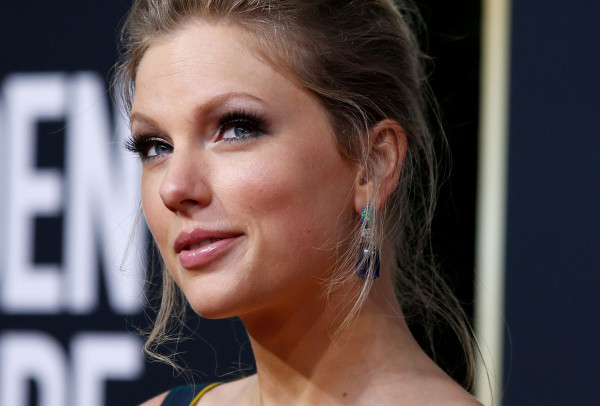Pentagon Refutes Claims of Taylor Swift Being a Political Asset

In a bizarre twist of rumors and conspiracy theories, Fox News host Jesse Watters recently linked pop superstar Taylor Swift to the Pentagon, claiming that the Pentagon's psychological operations unit once considered turning her into an asset for combating misinformation online. This wild allegation has since been categorically denied by the Pentagon, adding another layer to the already complex public narrative surrounding one of America's most influential pop icons.
According to Watters, approximately four years ago, there was a pitch within the Pentagon's psy-op unit to leverage Taylor Swift's massive influence for NATO’s benefit. He even referenced a clip from the NATO Cooperative Cyber Defense Center of Excellence's 2019 conference, which noted Swift's power as a social influencer. However, this claim has been met with a swift and direct response from the Pentagon.
In a statement filled with puns from Swift's popular songs, a Pentagon spokesperson humorously dismissed the conspiracy theory: "As for this conspiracy theory, we are going to shake it off." The spokesperson also used the opportunity to highlight the need for Congress to approve the Pentagon's supplemental budget request "Swift-ly," in a bid to resolve potential fiscal concerns.
Taylor Swift, renowned for her chart-topping hits like "Cruel Summer" and "You Belong With Me," has increasingly used her platform to address various political and cultural issues. Over recent years, she has openly supported the LGBTQIA+ community, advocated for reproductive rights, and called for gun safety reforms. Her activism was particularly pronounced during the 2020 presidential elections, where she endorsed current President Joe Biden.
Swift's engagement in political activism, particularly during election seasons, could be a factor in her being drawn into such conspiracy theories. Andrea Hailey, CEO of Vote.org, defended Swift, stating, "Not a psy-op or a Pentagon asset. Just the biggest nonpartisan platform in America helping young people register & cast their vote."
The reaction from Swift's fans to these allegations has ranged from amusement to defense. Many supporters have dismissed the claim as nonsensical, reflecting on the absurdity of a pop star being implicated in a government psy-op conspiracy. Comments from fans like "No Taylor, no clout!" and "They can't fathom Taylor's level of fame and influence so they need to pretend it must be a government conspiracy," echo the sentiment that the rumors are baseless and a testament to Swift's unparalleled fame and influence.
This episode is indicative of the current era, where celebrities' influence and actions are often subject to wild speculations and conspiracy theories. In Swift's case, her prominent status and active participation in social and political discussions make her an easy target for such theories. However, the Pentagon's lighthearted dismissal of these claims serves as a reminder of the need for critical evaluation of information, especially in an age where misinformation can easily gain traction.
Taylor Swift's journey from a country music starlet to a global pop icon and influential political voice exemplifies the evolving role of celebrities in public discourse. Her situation illustrates the complexities and challenges faced by public figures in navigating their influence amidst a landscape rife with misinformation and conspiracy theories. As Swift continues to use her platform for advocacy and the Pentagon maintains its stance, this story serves as a case study in the intersection of celebrity, politics, and public perception in the digital age.














